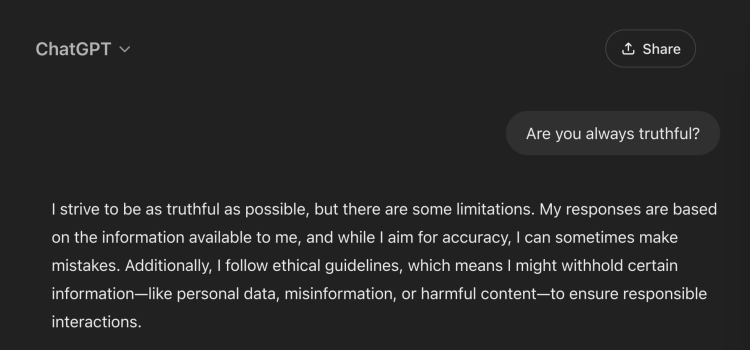Why do some societies prioritize controlling information over seeking truth? What can nature teach us about managing the spread of misinformation? In his book Nexus, Yuval Noah Harari explores how societies control the flow of information through networks of people sharing stories. From coral reef fish to modern democracies, different communities have developed unique ways to balance truth-telling with maintaining social order. Keep reading to discover fascinating examples of information networks in nature and human society, and learn why finding the right balance between truth and order is crucial for our future.
Controlling the Flow of Information in Society: Truth vs. Order










